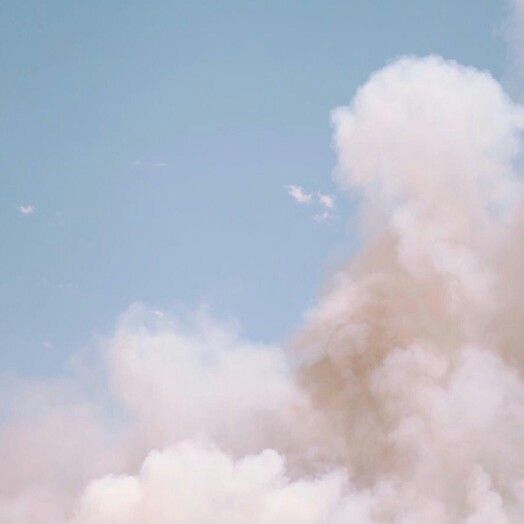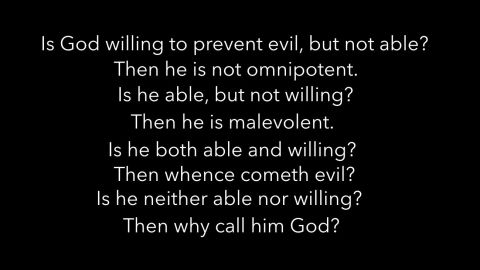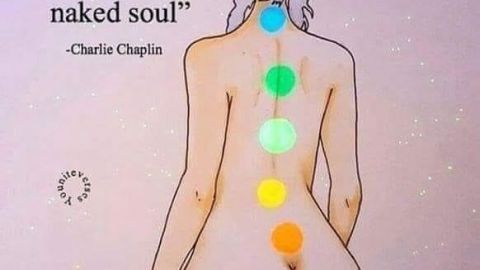Recently, I hurt a good friend of mine.
It was unintentional, which they understood. However, they were extremely angry with me. Very angry with me, and exhausted. I gave the situation a day to cool down before going back to talk things through a little bit, and after doing some thinking, I reassured my friend that things would be okay going forward, as best as I could. They appreciated this, and said that they knew that what they were feeling was temporary and won’t last forever.
This was relieving to talk about, to say the least. I could clearly see that my friend was anxious and disoriented during this conversation, and I take full responsibility.
I haven’t talked to this friend in a couple of weeks. I decided to take a small break from the social media platform I talked to them on, for my own health. I said this to them, and they were understanding, and even apologized saying, “sorry that I got in the way of that”. I let them know that this statement was/is false.
Experiencing emotional trauma doesn’t make you exempt from acting shitty to others. In fact, behaviors that’ve been learnt from trauma can affect your relationships with others dramatically. In my case, it introduced a deep-seated fear of abandonment and codependency streak with my friends. I would ask them if they hated me. I would remain stubborn to sound advice and I would give in to illogical emotional reasoning. I would have trouble with finding enjoyment in doing things on my own for fear of missing out on activities because I was afraid that if I missed things, then my friends would leave me. I would feel anxious and panic when I felt like I was being isolated or left out.
All of this contributed to what would make my good friend mad at me — I wouldn’t go to them when I would have a problem involving them, and from their account, I had a habit of guilt tripping them and being overdramatic when something went wrong. It stacked up, and blew over, and I deserved it.
I’m not being a martyr when I say that I deserved it, no — I truly did deserve it. In fact, I think I’m thankful that my friend told me these things. I can only imagine what would’ve happened if these issues went unsaid. Would I have sought them out and tried to change them on my own?
While on my break, I decided to Get Mindful and do a bit of introspection, and practice some actions that will hopefully become habits when I use them in action the next time I return to the social media site. Meditation has been a great help in all of this, as has nonreactivity. What blessings they are to my busy brain.
What I firmly believe is that this is something that my friend and I can come out of, stronger.
I’m willing to put the work and effort in to help my friendship regain the care and nurturing I had starved it of beforehand while I was more paranoid. After all, I’m half of the relationship. What good is it if I don’t do much of anything within it?
I fear that I’ve given my friend the impression that I’m not beside them, that I don’t listen to them, or that I don’t care for our friendship. I acknowledge the possibility that this could be the case — it’s my job to help guide the both of us out of that area. I have the grit and determination to do so.
I don’t have a good poker face, even when I’m not showing my actual face anywhere. I feel emotions deeply. I can’t fake generosity or care. I can say that I care for our friendship all I want, but what really shows that I care is what I do in my actions.
This friend of mine said that they enjoy my company and that they don’t think that I’m a bad person, even when they were distraught. I feel like this says something important.
I’ll make it right for the two of us. They’ve been there for me. It’s time for me to return the favour, no bullshit involved.






